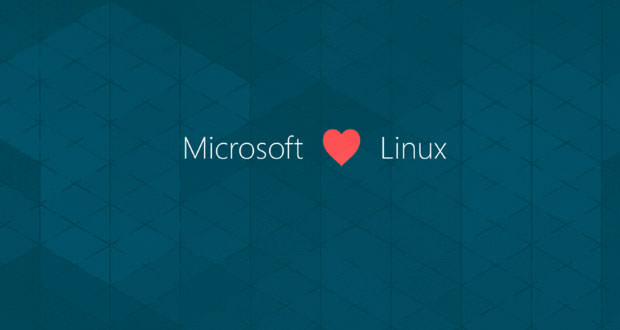Microsoft: The exFAT file system will also arrive on Linux
Microsoft has released the exFAT proprietary file system documentation so that it can also be used by the Linux community.
Microsoft has announced that it will support the addition of the exFAT file system to the Linux kernel. It is the successor file system of FAT32, and is used natively in older versions of Windows, on SD cards, flash drives and many other storage drives. It is the backbone of the fact that, according to Microsoft, many devices work right away as soon as they are put on laptops, cameras and cars.
The Redmond company also wants the Linux community to use it without problems, and to do this it has released exFAT specifications (the documentation can be found here in its entirety). Compared to the traditional FAT32 the most obvious advantage for the end user is the extended size of the individual files: being FAT32 32-bit, it cannot support files larger than 4GB, while exFAT places that limit at 16EB.
FAT32 support is present on virtually all devices, especially due to its ” age “. However, with the spread of increasingly heavier content in terms of disk size (such as high-definition video) the limitations of the old file system are becoming heavier. And that is why it is right to make room for other more effective file systems in this sense, with exFAT which is certainly among the most obvious alternatives.
exFAT is the acronym for Extended File Allocation Table, and is rarely called FAT64. Born in 2006 with Windows Embedded CE 6.0 (and introduced in Windows Vista SP1 and Windows XP through an update), it has had since the beginning the goal of acting as an alternative to FAT32 on small storage units (and where NTFS was little exploitable). Today it is the standard file system on 32GB or higher SD.
Let it be clear that exFAT will remain a proprietary file system, given that Microsoft is not proposing it as an open-source technology. According to what was officially declared, moreover, Microsoft would like a Linux kernel with exFAT support to be included in a future revision of the Open System Invention Linux System Definition.

